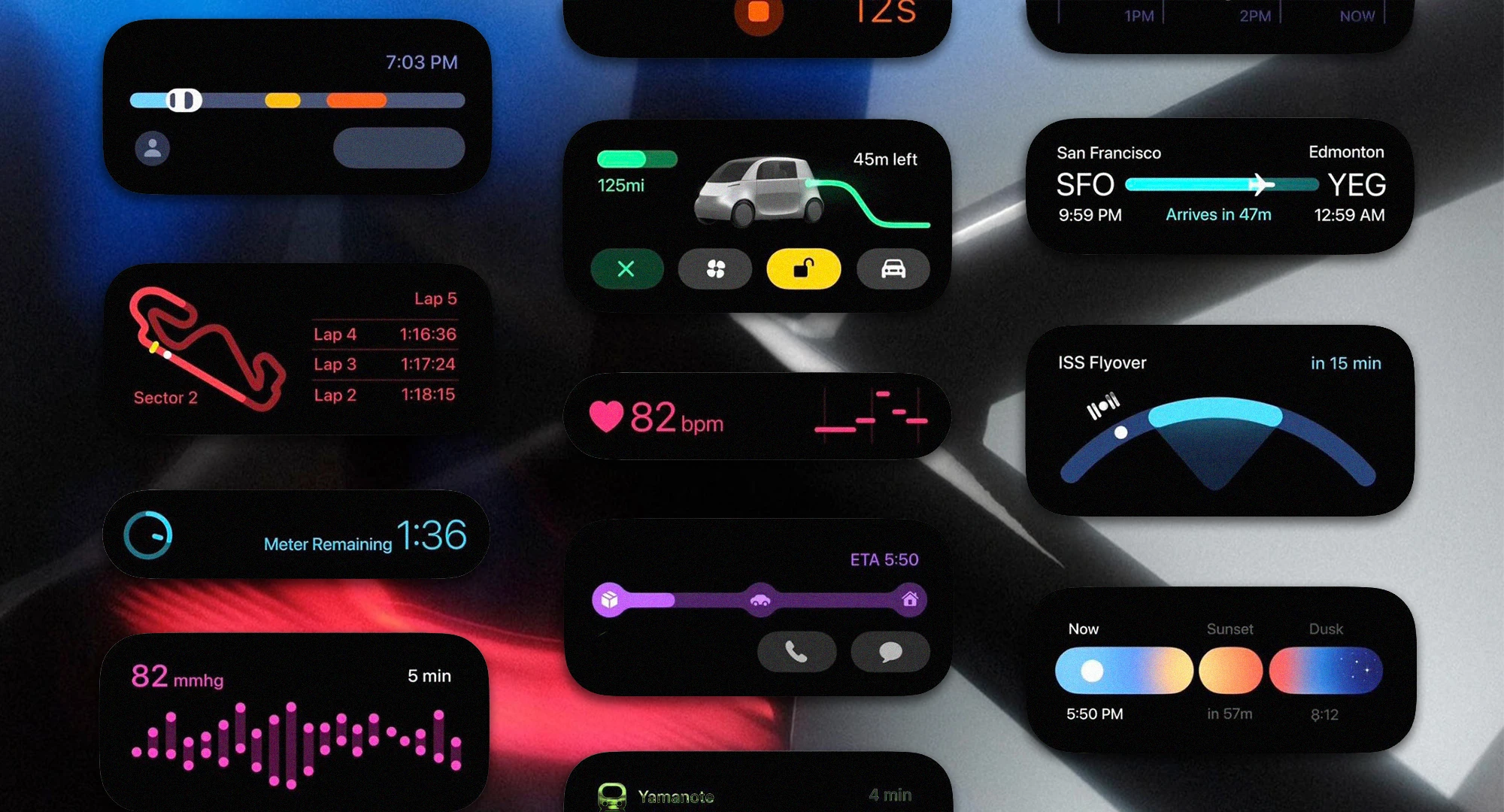
What Is Healthcare Data Analytics? Trends & Benefits 2026
Introduction
Many healthcare leaders know data holds potential but struggle to turn it into action. They often face scattered systems, unclear ROI, or uncertainty about which tools to use.
This article explains what healthcare data analytics is, why it matters, and how enterprise healthcare teams can benefit. We also explore trends, platforms, and key decisions leaders must make.
This guide is for healthcare executives, digital transformation leads, and enterprise teams managing analytics, strategy, or technology operations. By the end, you’ll understand the role of data analytics in healthcare, what to expect in 2026, and how to make informed decisions moving forward.
At G&Co, our deep healthcare expertise enables us to help organizations harness data analytics effectively—turning complex information into actionable strategies that drive measurable impact.
Market Context: Disruption & Opportunity
Enterprise healthcare is experiencing a data surge. Electronic health records, patient devices, and claims systems produce large amounts of information. But much of this data remains underused.
Big data analytics in healthcare has grown, but few organizations have unified systems or actionable insights. Many still rely on static dashboards, isolated reports, or legacy tools that do not scale.
Leaders are now shifting toward healthcare data analytics platforms and services that enable faster decisions, improve patient outcomes, and support predictive care.
Regulatory changes, rising care costs, and growing patient expectations are increasing pressure. Hospitals and health systems need solutions that reduce waste, improve care coordination, and optimize resources.
Recent advances in AI, cloud computing, and real-time data processing are helping bridge the gap. Still, many enterprise brands need external support to define their roadmap.
- Data volume is rising, but usability is limited
- Most analytics platforms are fragmented or underused
- Predictive models and AI adoption are growing
- Cost reduction and care improvement remain top goals
- Strategic partners are key to successful implementation
FAQs Snapshot

What is data analytics in healthcare?
Healthcare data analytics refers to the process of collecting, organizing, and analyzing health-related data to improve care and operations. It includes tracking patient outcomes, resource use, and trends across systems. Analytics helps hospitals understand what is working and where improvements are needed.
Why is healthcare data analytics important?
Data analytics in healthcare enables better decision-making. It helps reduce costs, improve patient outcomes, and identify trends. With accurate data, leaders can measure what matters and act faster.
What are the benefits of data analytics in healthcare?
Healthcare data analytics helps improve efficiency, reduce unnecessary procedures, personalize care, and forecast demand. It also supports compliance and reporting.
How does big data analytics in healthcare differ from regular reporting?
Big data analytics in healthcare uses large, complex datasets and advanced tools to deliver insights. It often includes AI, machine learning, and real-time analysis. Standard reporting tools offer limited, backward-looking summaries.
What is a healthcare data analytics platform?
A healthcare data analytics platform is a software system that gathers, processes, and visualizes health data. It helps organizations access unified insights from multiple systems and supports decision-making.
When should an enterprise use healthcare data analytics services?
Healthcare data analytics services are useful when internal teams lack time, resources, or expertise. External partners provide consulting, implementation, and support to get value from data faster.
Can healthcare data analytics solutions scale with large systems?
Yes. Modern healthcare data analytics solutions are built for scale. They handle high volumes, adapt to growing needs, and support integrations across systems.
Benefits of Healthcare Data Analytics
Healthcare organizations gain significant value from data analytics. It allows leaders to make informed choices, improve patient care, and optimize operations.
Specific benefits of data analytics in healthcare include:
- Reducing unnecessary procedures by identifying patterns
- Improving care delivery by analyzing patient journeys
- Supporting value-based care models and reimbursement
- Lowering operational costs through resource optimization
- Enhancing population health with predictive tools
- Increasing compliance with real-time reporting
These advantages depend on using the right healthcare data analytics platform and services. A focused approach drives measurable results.

Let’s kickstart the conversation and design stuff people will love.

Deep-Dive Sections

What It Is & Why It Matters
Healthcare data analytics is the process of examining health data to make decisions. It turns raw information into usable insights. This is important because healthcare systems are under pressure to do more with less. With analytics, organizations can find inefficiencies, identify opportunities, and measure success. Data analytics in healthcare industry settings helps leaders cut waste, improve outcomes, and track results across departments. It brings consistency and clarity.
How It Works
The process begins with collecting data from systems such as EHRs, claims, devices, and labs. This data moves into a healthcare data analytics platform where it is cleaned, processed, and organized. From there, tools such as dashboards or machine learning models generate insights. Users access these through reports or interactive tools. Healthcare data analytics solutions often include integration, security, and visualization features.
When to Use It (and When Not To)
Use data analytics when you need to improve care quality, reduce costs, or evaluate performance. It is especially useful in large organizations where decision-making affects many teams. Do not rely on analytics without good data sources or clear goals. If internal teams lack capacity, healthcare data analytics consulting can accelerate progress.
Tools or Platforms Involved
Leading healthcare data analytics platforms include cloud-based solutions with advanced features. These platforms combine data warehousing, real-time processing, and AI capabilities. They often integrate with EHRs, CRM systems, and financial tools. The goal is to deliver a full view of care delivery and business operations.
Cost Considerations
Costs vary. Some platforms offer subscription pricing based on data volume or users. Services from healthcare data analytics consulting firms may be project-based or ongoing. Initial costs may be high, but strong ROI comes from better outcomes and efficiency.
Integration or Setup Requirements
Setup requires access to clean data, technical infrastructure, and skilled teams. Integration with existing systems is often the biggest challenge. Choosing the right healthcare data analytics services helps avoid delays and reduce errors.
Scalability & Flexibility
Modern healthcare data analytics solutions are designed to scale. They support growing data sets, more users, and additional use cases. Flexible tools allow leaders to adapt to new goals and regulations without full rebuilds.
Alternatives or Comparisons
Alternatives include in-house BI tools or legacy systems, but these lack real-time features and scale. Compared to generic analytics tools, healthcare-specific solutions offer better compliance, faster insights, and tailored workflows.
Trends
Key healthcare data analytics trends 2026 include greater use of AI, personalized care analytics, cloud-first platforms, and predictive modeling. More organizations are moving from static dashboards to real-time, decision-ready tools.
Pros and Cons
Pros: Improved care, lower costs, faster insights, better reporting.
Cons: Setup cost, data quality issues, skills gap, integration complexity.
How G&Co. Can Help
G&Co. supports healthcare brands with strategic consulting, platform integration, and data activation. We help enterprise teams identify the right tools, align internal teams, and generate value from analytics.
Our experience includes working with healthcare leaders to design healthcare data analytics solutions that drive clear results. We understand what works, what stalls, and how to create sustainable change.
Talk to us to clarify your strategy and move forward with confidence.
Conclusion & Next Steps
Healthcare data analytics helps organizations improve outcomes, reduce costs, and act faster. This article explained what data analytics is, how it works, when to use it, and what trends to watch in 2026.
Whether you lead operations, technology, or innovation, the right platform and partner matter.
At G&Co., we’ve worked alongside clients to implement similar shifts—whether through digital strategy, customer journey redesign, or platform modernization. Our expertise enables brands to translate trend awareness into tangible market advantage.
Still have questions? Reach out and let’s solve them together.






%20(1).png)




